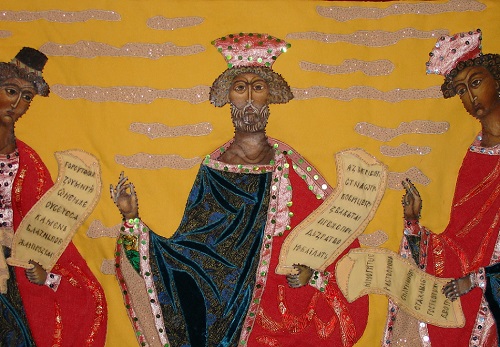
Economic growth is so vibrant in Europe that it is time to begin redistributing all the excess wealth, according to EU officials in Brussels. The European Commission issued its country-specific resolutions on Monday, and it believes the recovery from the Great Recession has been robust enough for EU members to turn their vision toward combating “economic inequality.”
“This year, addressing inequality is firmly at the heart of our assessment,” said Marianne Thyssen, the EC’s Commissioner for Employment, Social Affairs, Skills and Labour Mobility.
However, new data from numerous sources – including the EU – suggest that a great deal of income inequality can be explained by a simple factor: time. The Life-Cycle Hypothesis holds that people begin with few assets and gradually accumulate more wealth until retirement.
A new study from Germany shows that “the risk of poverty in old age is clearly below the average of younger comparative groups.” By 1993, those age 55 and older pulled away from the rest of society with the highest rates of income growth.
“In 1984, more than 31 percent of people aged 65 and over were in the lower half of the total population” economically, “compared with just under 19 percent in 2014,” according to a new study from the Cologne Institute for Economic Research. “At the same time, their membership in the highest income [bracket] has increased from 12 to 14 percent.”
The institute points out that real income has increased apart from mandatory state pension levels. More women are working; the elderly are working later in life; more people invested in private retirement funds; and fewer people live alone.
Of course, certain other, remarkable historical changes took place in Germany between 1984 and 2014, as well.
The following chart illustrates the change in the economic fortunes of each generation of Germans over two decades:
The Life-Cycle Hypothesis is at the heart of a new report from Canada’s Fraser Institute on wealth inequality. Scholars Philip Booth and Ben Southwood of London’s Institute for Economic Affairs (IEA) made a similar critique of Oxfam’s report on global inequality.
Their work confirms work produced by the European Commission itself, surveying statistics from Germany, Italy, and the United States. The EC found that wealth accumulation hits its peak in the 55-64 demographic in Germany and Italy, or the 65-74 demographic in the United States. (The difference can presumably be explained by the fact that Europeans qualify for state pension programs at a younger age than Americans.) Home ownership likewise peaks in the mid-50s to mid-60s, then declines after retirement, as large homes become a burden rather than a necessity.
The report also revealed the greatest inequality existed in the United States – but that the average American has twice as much wealth as either the average German or Italian. Combating “income inequality” can harm the economic dynamism that allows wealth creation in the first place. Equality in poverty ought to be no one’s goal.
These reports from across the transatlantic sphere show that diligence, perseverance, thrift, savings, and prudence are rewarded in the long run. This is a practical example of the Biblical admonition to “go to the ant” to learn how “he prepares food for himself in the summer, and lays by abundant store in harvest” (Proverbs 6:6-9). The thought concludes in verse 11 – but the second half of the verse is found only in the Greek Septuagint (LXX) and the Latin Vulgate (Douay-Rheims) versions of the Scriptures: “If thou be diligent, thy harvest shall come as a fountain, and want shall flee far from thee.”
Those who care about human flourishing should not want to see Europeans and Americans who have followed that precept have their life’s work redistributed to others who have not, especially if it encourages the recipients to fold their hands for a bit of slumber (Proverbs 6:9-10).
(Photo credit: Rogacheva Elena. This photo has been cropped. CC BY-SA 3.0)

